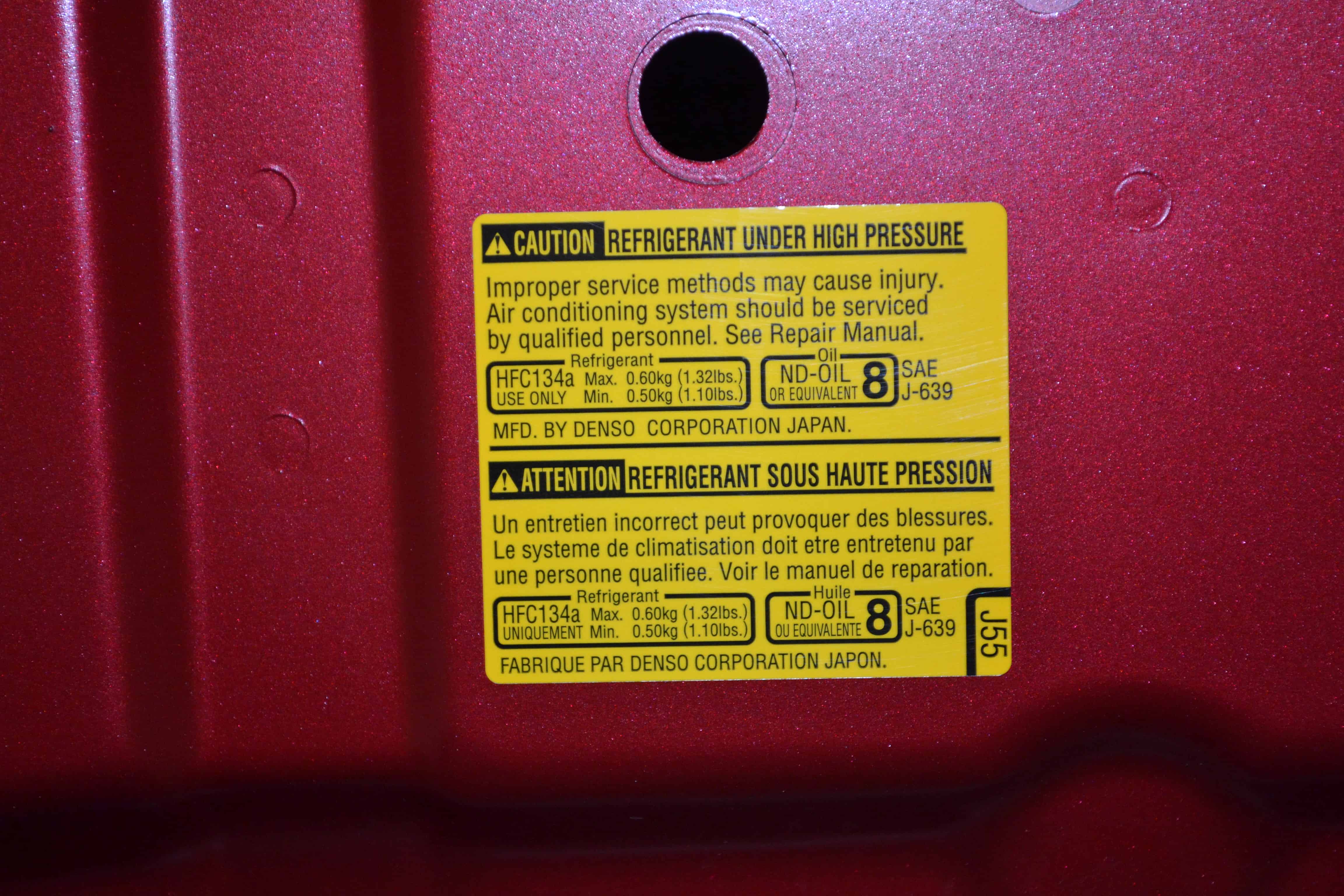Regulating recharge
By Steve Schaeber, MACS manager of service training
Summertime is here, and that means many shops are feeling the full heat of A/C season. With temperatures rising, customers seeking cool rides, and to help them out (and keep their profits up), many shops are offering A/C System Top-Off Service. But in some parts of the U.S. that simple refill may not be legal (and if it is, it may be against your shop’s policy for ethical reasons). How then should you handle a customer who asks for it?
The U.S. Environmental Protection Agency (EPA) regulates mobile A/C system service, basically by requiring technicians to become Section 609 Certified and to use equipment and methods that meet certain standards. But one thing it doesn’t require is leak repair, which may seem counterintuitive for the nation’s top environmental agency. There are, however, several state and local laws that do require leak repair prior to recharging, which is something you should research in your area.
MACS knows about a few such laws, although certainly not all of them. In California, for example, the Bay Area Air Quality Management District (which includes several counties surrounding San Francisco) adopted Rule 7 of Regulation 12 on June 17, 1992. Section 301 states: No person shall add refrigerant to any motor vehicle air conditioning system unless that system has no detectable leaks. It further requires a visual inspection followed by the use of an electronic leak detector (which meets SAE Standards). Other California AQMDs have passed similar regulations.
In 2014 the Wisconsin Legislature passed AB 695, a law that repealed their state’s licensing requirement for mobile A/C technicians, instead requiring them to become Section 609 certified through an EPA approved agency (such as MACS). But this bill did not change Wisconsin’s existing leak repair law. The topping off of leaky systems is still prohibited under ATCP 136.20 (as is knowingly or negligently releasing refrigerant into the environment). Similar legislation exists in Colorado’s Air Quality Control Commission Regulation Number 15 (5 CCR 1001-19), which requires mobile A/C system leak testing in that state. Several other localities have issued the same laws, making it important for each shop and technician to know those laws applicable to where they live and work.
This myriad of regulations stems from the early days of the CFC phase out (around 1990) when the revised Clean Air Act was passed, partially because some communities didn’t think existing rules went far enough. However, most areas of the U.S. simply follow the current federal program (Title 40 CFR, Part 82).
So what about that customer who insists they need a recharge, even though you’re sure their A/C system has a leak (including the really small ones)? We asked a few MACS member shops, and the consensus was pretty much the same across the board. Each response said it’s against their shop’s policy to recharge a leaking system (for ethical reasons; all MVAC refrigerants are ozone depleters and / or they contribute to global warming), and indicated they educate their customers as to why it’s such a poor service practice. In most cases, customers seem to agree and reschedule service when their finances allow.
MACS has always recommended that finding and fixing the leak(s) is the best solution for the customer and the environment. What’s the policy at your shop? How do your local laws compare? Send an e-mail to steve@macsw.org or visit our website www.macsw.org to let us know!

